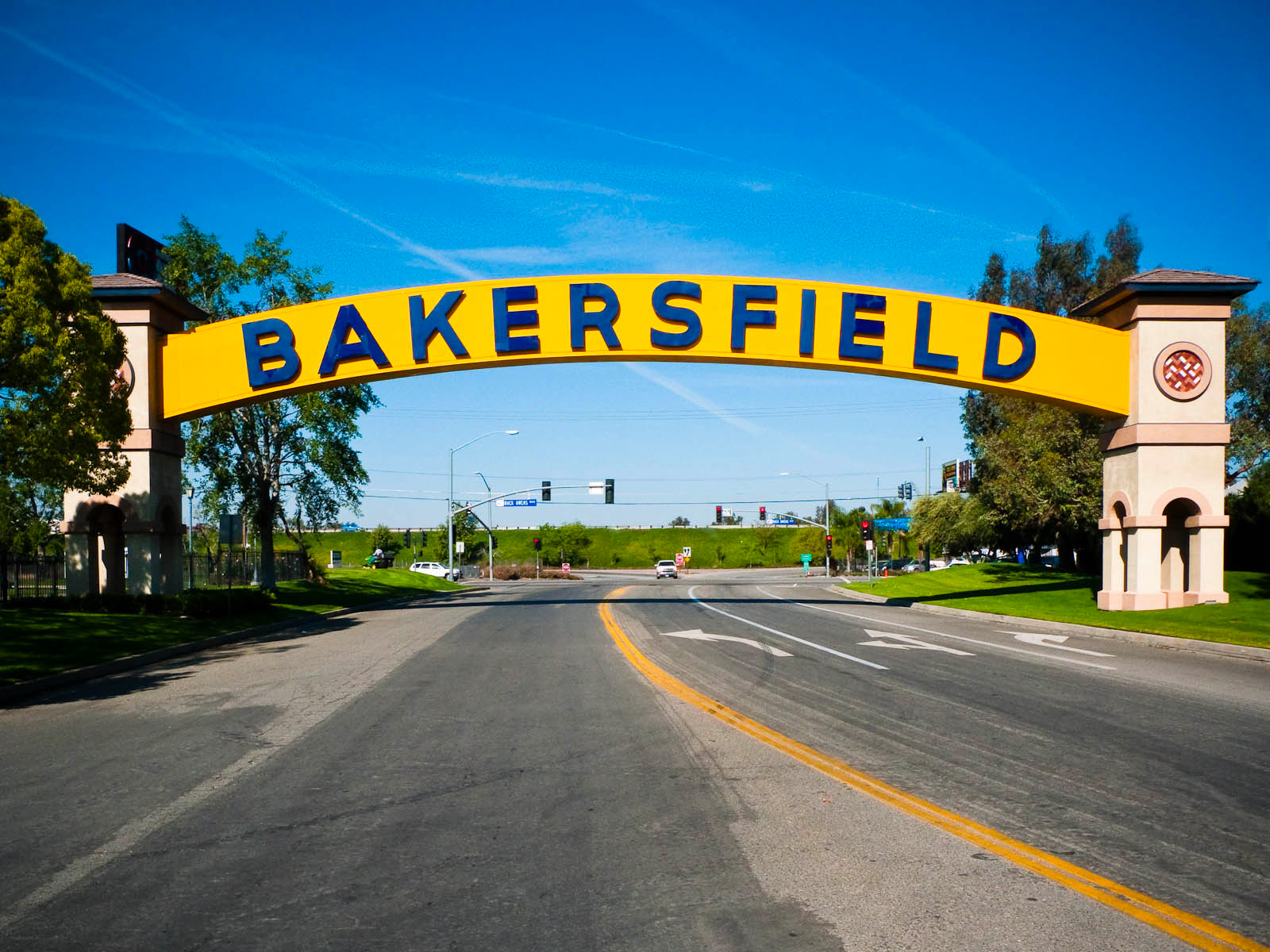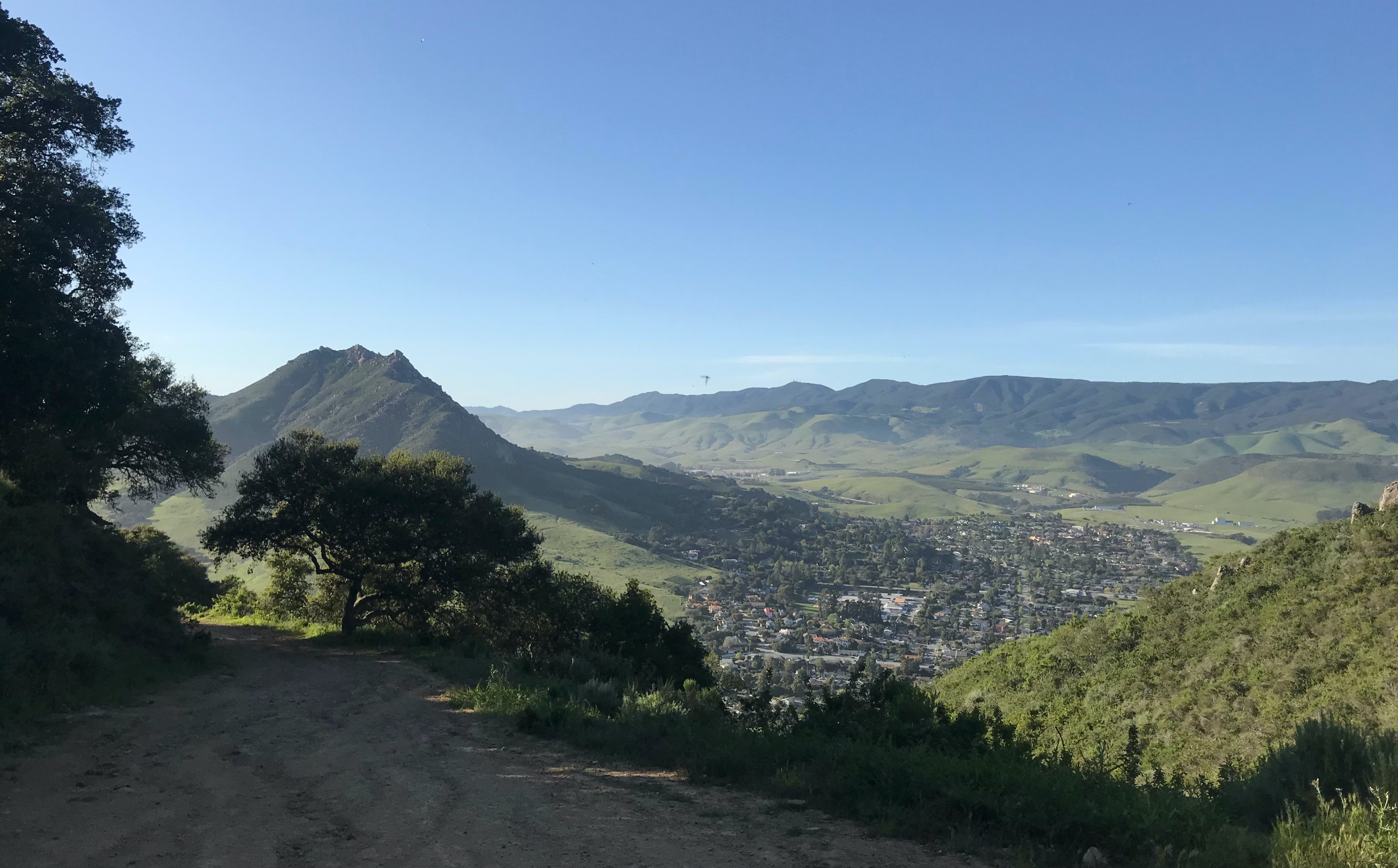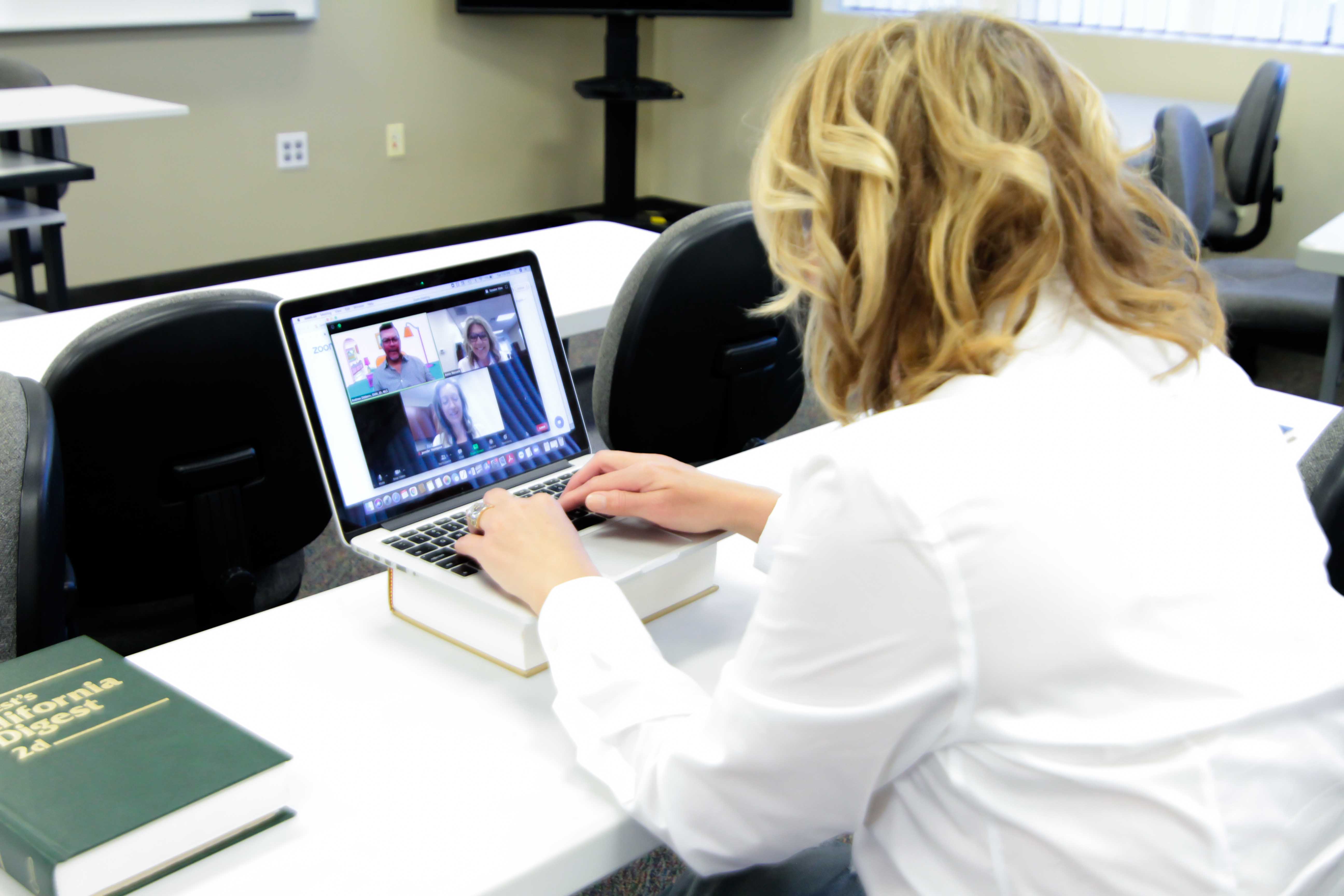Our Campuses
 |
 |
|
Monterey College of Law (MCL), our flagship campus, has been educating lawyers since 1972. Many of our students come from Monterey County as well as the San Benito and Santa Cruz counties. MCL is also the site for the Mandell Gisnet Center for Conflict Management , the Salinas Community Legal Center, and many school-sponsored legal clinics. Our accreditation from the Committee of Bar of Examiners of the State Bar of California, for all of our campuses, is through our MCL campus. |
Empire College of Law (ECL) in Santa Rosa, CA, joined the MCL system in Spring 2023 with the transition of the for-profit Empire College School of Law (ECSOL) to a non-profit branch of MCL. Like MCL, ECSOL had a long tradition of educating lawyers in the greater North Bay area. Many of its students are bar members in Sonoma, Napa, Mendocino and Merced counties. Empire College of Law is proud to continue the tradition set by Empire College School of Law and provide high-quality legal education to the community. |
|
|
 |
 |
 |
| Our Kern County College of Law (KCCL) in Bakersfield, CA serves the greater Kern County area with many of our faculty and students from Bakersfield. KCCL has been a pillar of the community since opening in 2017. Our strong relationship with local bench and bar provides professional networking opportunities for our students and graduates. | Our San Luis Obispo College of Law (SLOCL) campus in San Luis Obispo, CA, has students and faculty from San Luis Obispo and northern Santa Barbara counties. Since opening in 2015, we have built a strong network of faculty and career connections in SLO county and the surrounding area. Many of our graduates return as faculty members, advisors, and mentors. |
 |
 |
 |
|
| Launched in 2019, our Hybrid Online enrollment option, allows students to attend classes
in a mostly remote fashion. Courses are taught in real-time weekday evenings. Hybrid
students are required to attend an in-person symposium at one of our campuses each
academic year. T
They also choose the campuses closest to them for student and academic services.  |

